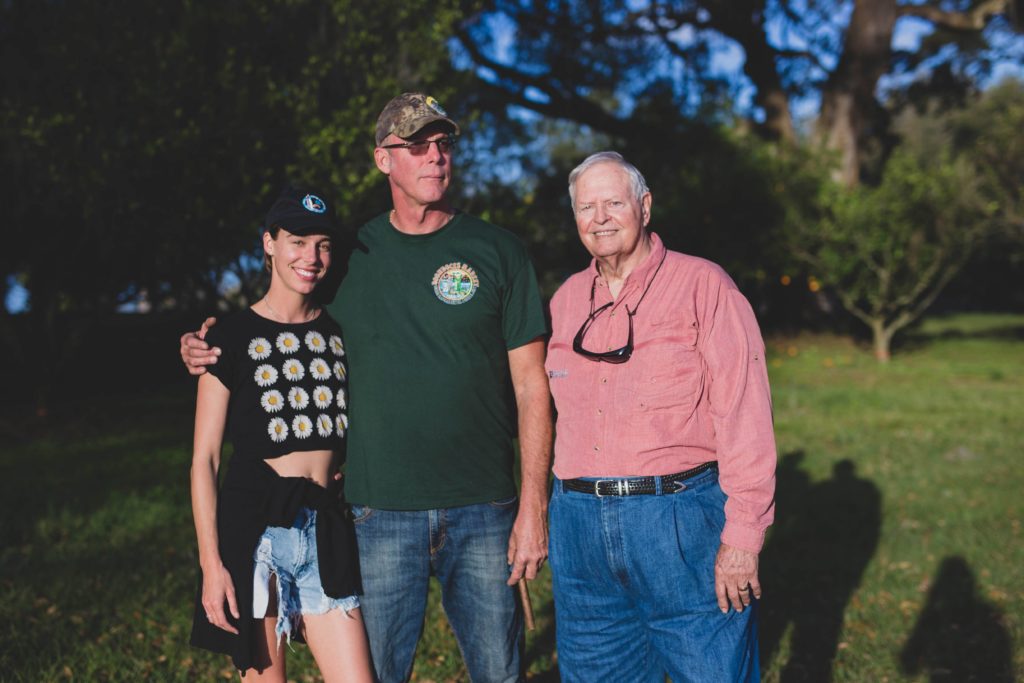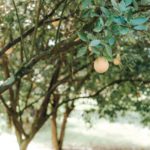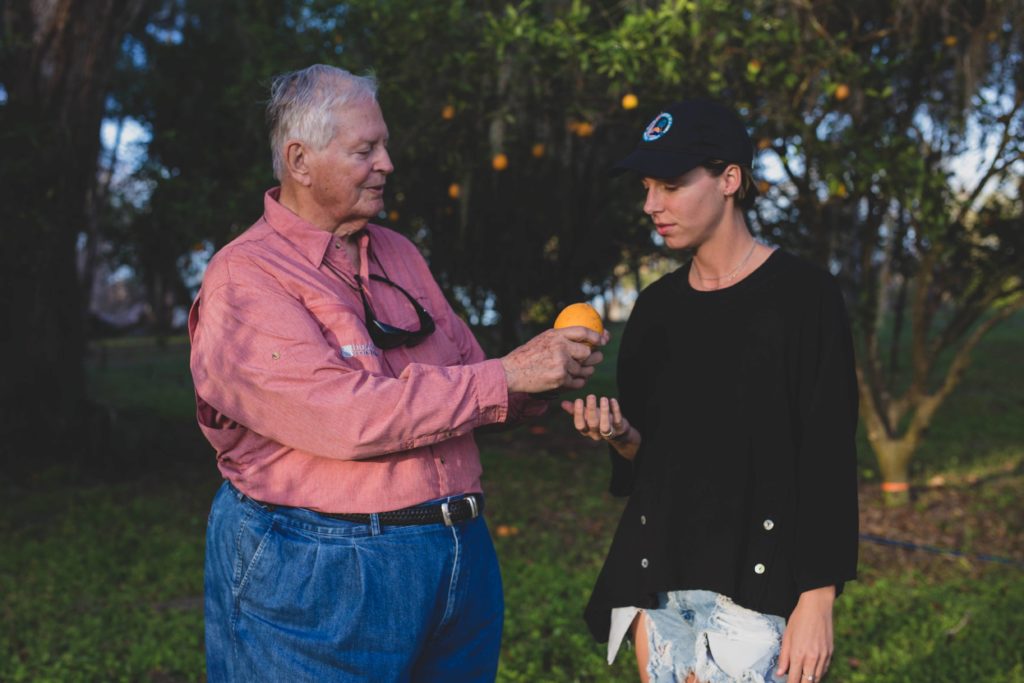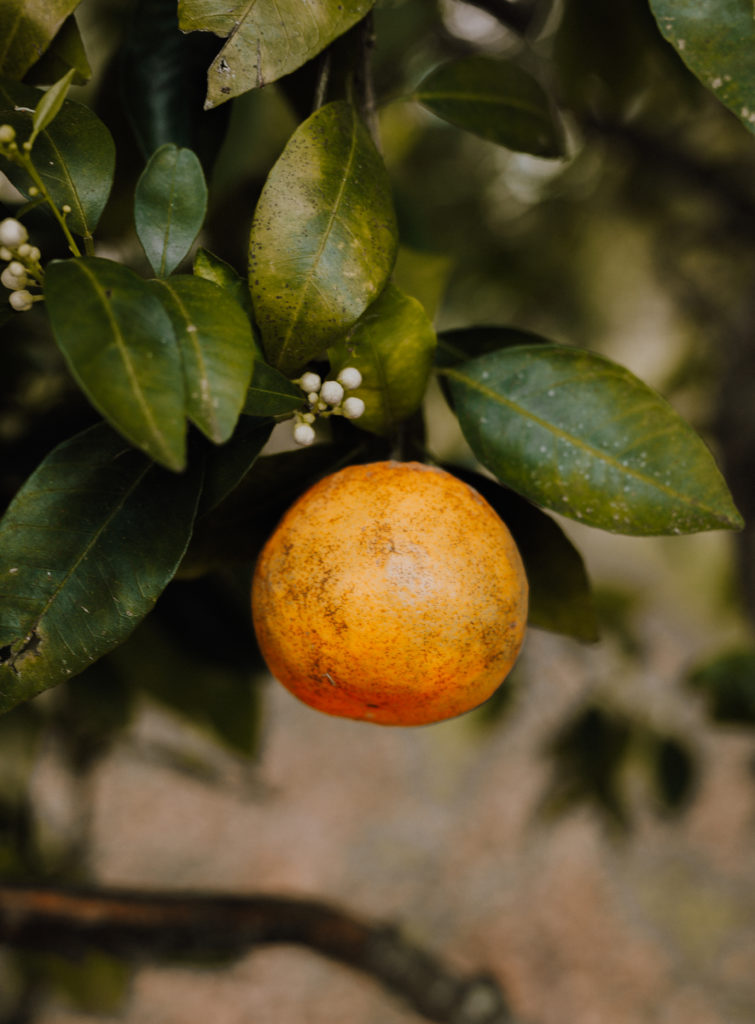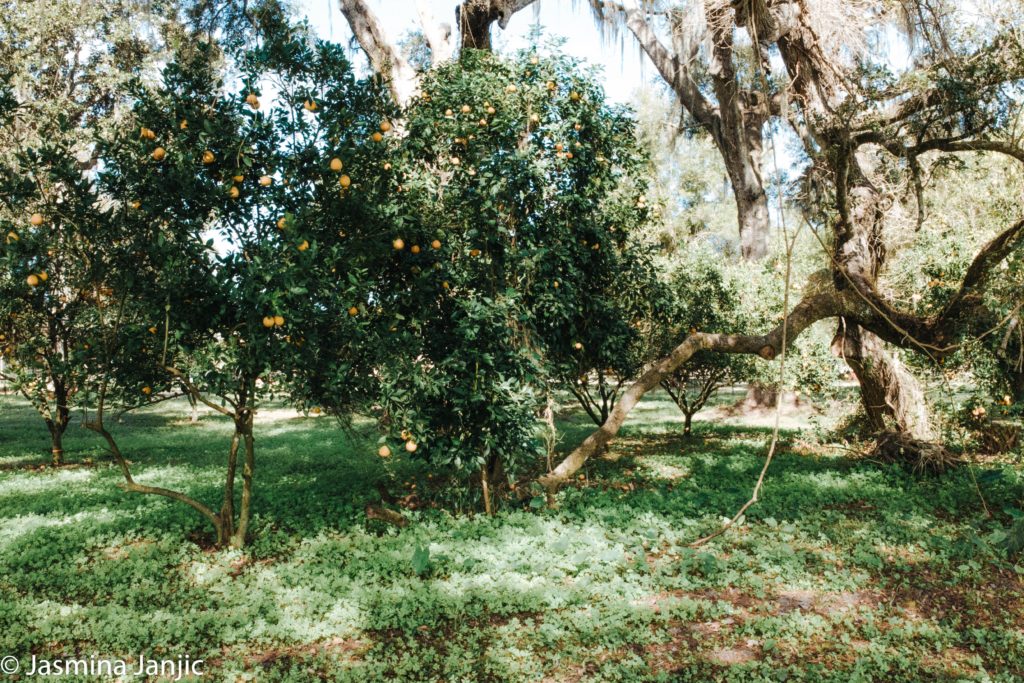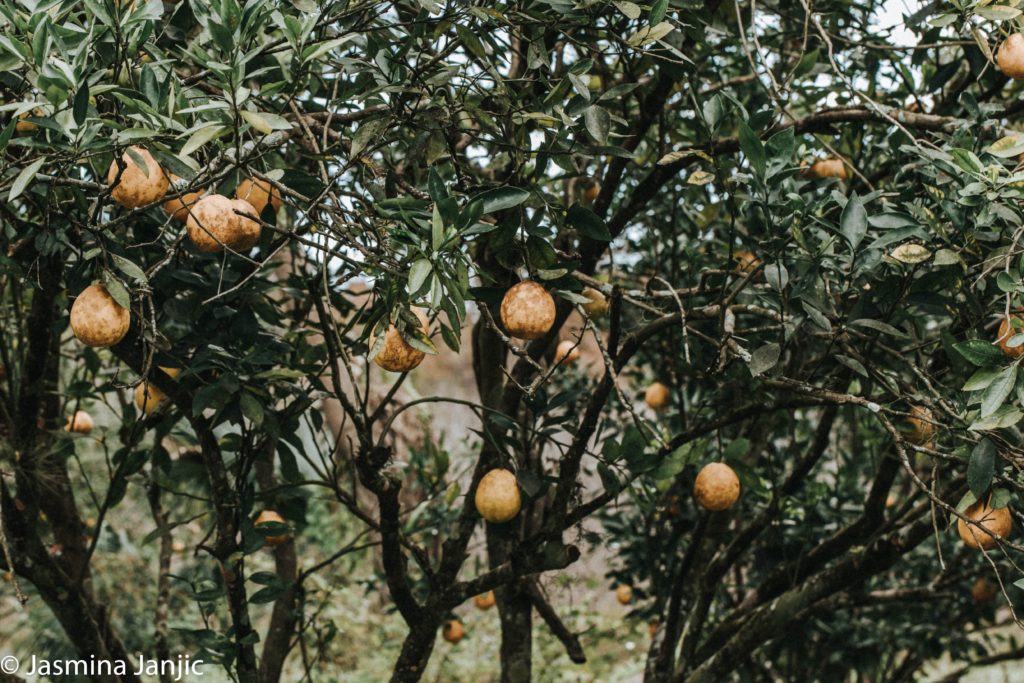What Our Citrus Groves Taught Us
We are 66 acres of orange grove, pastureland, and cypress swamps with an idyllic Old Florida feel. We aim to provide a place where you can restore your wonder – by connecting with nature and in turn, yourself.
Learn More About Us
Welcome to wonderfield!
Stay With Us
upcoming Events
Host Your Event
December 21, 2021
The story of how my family acquired Wonderfield Farm is a beautiful tragedy. Once a flourishing Florida citrus farm, Banes Grove, was a family-run business with acres and acres of citrus trees. Howard Bane was now running the farm, and as his parents who founded it, began to step away, Howard’s son began to step in and help out. Everything was running smoothly, and the groves were flourishing. Then suddenly, Howard suffered the loss of both of his parents, and then later that same year his son tragically passed away as well. It was at that point Howard walked away from the farm. He couldn’t bear to be in a place that reminded him so much of what he had lost. The groves sat, untouched, for about 15 years.
This is where the beauty starts to blossom out of a tragedy. At a time when the Florida citrus industry was dying, ailing from the citrus greening disease, some of the citrus trees at the old Banes Grove were…thriving. Since Howard left the property, there were no more inputs from humans. No pesticides, no fertilizer, no pruning, no tilling, nothing. The surrounding trees, weeds, and biodiversity of the area flourished. The soil built itself back up. The insects came back and made their homes in this rich, diverse, new ecosystem.
When my family had the opportunity to purchase the property from Howard, an old family friend, in 2016, we had no idea what we were getting ourselves into. Looking back, it all feels surreal…the fact that we were able to purchase the property with the reparation payout we received from the BP oil spill, the inspiration we had to begin hosting spiritual retreats on the property, and how we felt led towards a path of regeneration and sustainability of the land instead of degradation and seeking immediate payouts. This path towards regeneration led us to the concept of “permaculture” and at that point we realized, our citrus trees had taught us how to farm.
Permaculture design principles (in regards to farming) are, simply put – going back to nature, observing what works, and replicating that in an organized fashion to have better yields, less input, and become more efficient. Note, that “going back to nature” part…that is exactly what our citrus trees did in the 15 years they were left to their own devices. When we arrived in 2016, we saw which trees were flourishing on their own and said, “Ok, we’ll let you keep doing your thing!” and, replicated this with 200+ more citrus trees planted in the past two years.
Something we particularly noticed, is that the citrus trees doing the best were the ones near, or directly under our ancient oak trees. We also came to find out, we’re not the only ones noticing this symbiotic relationship, and there’s plenty of other gardeners, farmers, and even researchers observing this phenomenon! Dr. Rossi, a root biologist at the University of Florida Institute of Food and Agriculture Science, is doing extensive research on citrus greening and is searching to learn what exactly is behind this positive relationship between the oaks and citrus.
We had the pleasure of hosting Dr. Rossi one day this year at our groves, and something he pointed out, is that the citrus trees “allowed” to grow up under oaks are usually the wild ones – which, of course don’t have the inputs of pesticide, fertilizer, and tilling from human management. These are healthy, diverse ecosystems the citrus are growing in, and there are plenty of predators to threaten the existence of the Asian citrus psyllids that are known to carry the greening bacteria and infect trees. In the monoculture agricultural settings that are prevalent today, the farmers create an environment that not only allows the disease-spreading fly to thrive in (not many natural predators), but they also create dead soil which provides very little protection from the bacteria the fly spreads that attacks the roots of the citrus trees.
Our citrus trees have taught us so much! And we look forward to the future of continuing to allow our land thrive in a way that takes inspiration from nature. Sometimes, simplicity is the answer.
